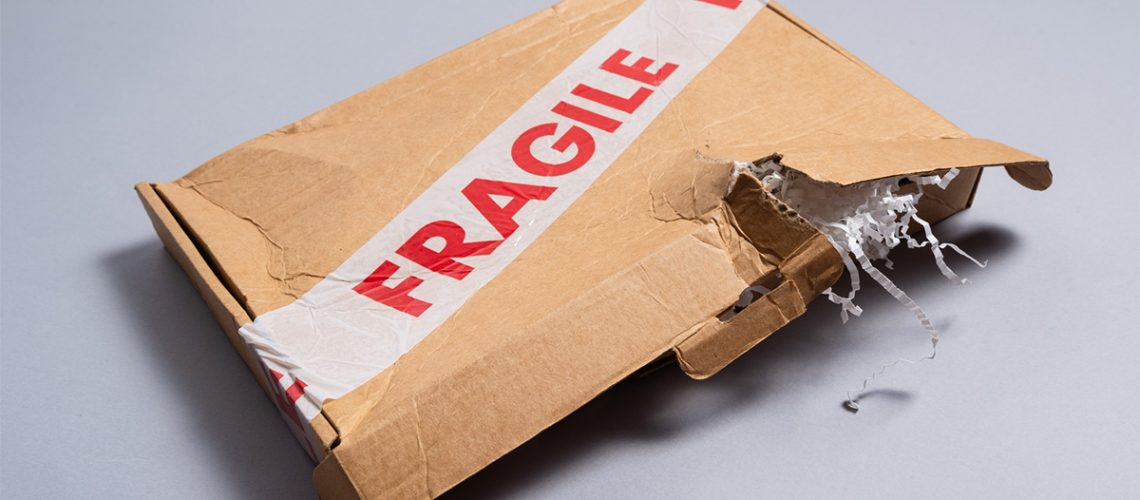Definition of a Defective Product?
A defective product can be defined as a product that has a flaw or a defect in its design, manufacturing, or labeling, which makes it dangerous for its intended use. These defects can pose serious risks to consumers and can result in injuries, illnesses, or even fatalities. It is important for consumers to be aware of the warning signs of a defective product in order to protect themselves and their loved ones from potential harm.
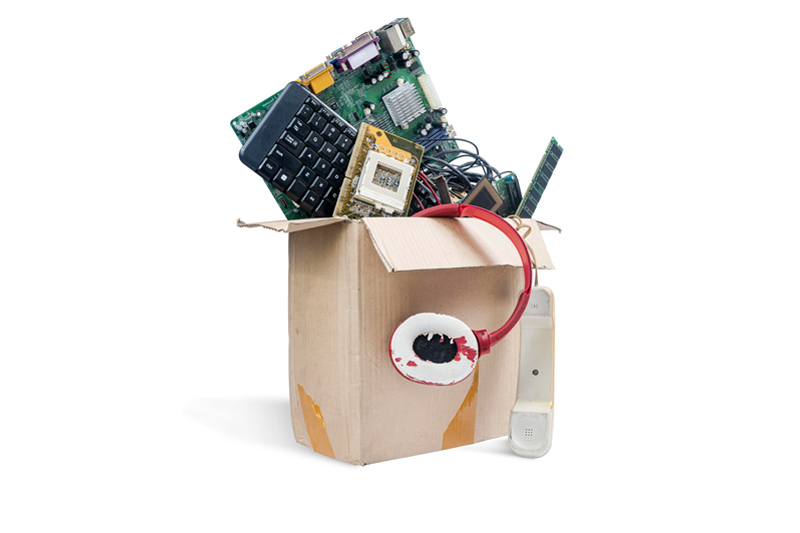
The U.S. Consumer Product Safety Commission (CPSC) is an independent federal regulatory agency that works to reduce the risk of injuries and deaths from consumer products. The CPSC issues approximately 300 product recalls each year, including many products found in childcare settings. [1]
The Top 5 Common Warning Signs of a Defective Product
When purchasing a product, we expect it to function as intended and provide value for our money. However, there are instances where a product may have defects that pose risks to consumers. Recognizing the warning signs of a defective product is crucial for our safety and well-being.
- There are unusual or unexpected malfunctions.
- Recalls or safety alerts have been released.
- There is an increased risk of injuries or illnesses.
- A lack of clear instructions or warnings exists on the labeling.
- Unexpected or severe adverse effects occur after use.
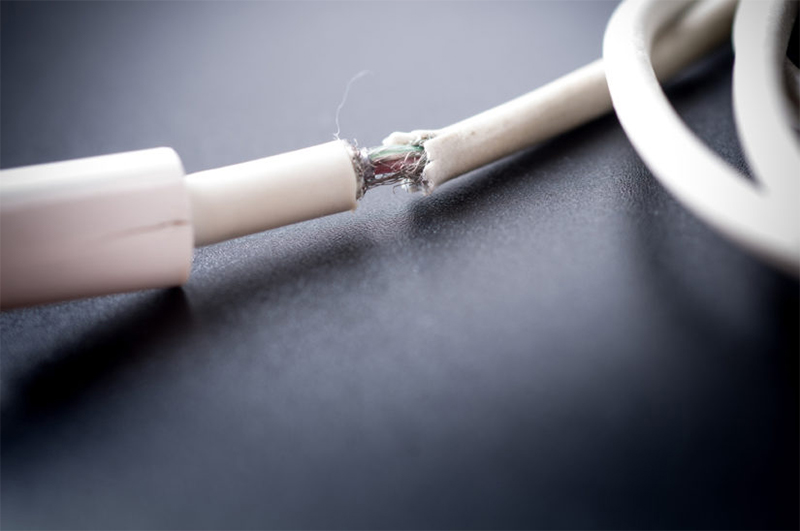
Unusual or Unexpected Malfunctions
One of the key warning signs of a defective product is when it starts to malfunction in a way that is unusual or unexpected. If a medical device such as a blood pressure monitor consistently gives inaccurate readings or exhibits frequent malfunctions, it could indicate a defect in its design or manufacturing. Keep a close eye on any product that doesn’t function as it should.
Recalls or Safety Alerts
Pay attention to recalls or safety alerts issued by the manufacturer or regulatory agencies. These announcements indicate that the product has been found to have a defect that poses a risk to consumers.
Whether it’s a faulty car part or a dangerous children’s toy, take recalls and safety alerts seriously. Follow the recommended actions, which might involve discontinuing the product’s use or seeking a replacement.
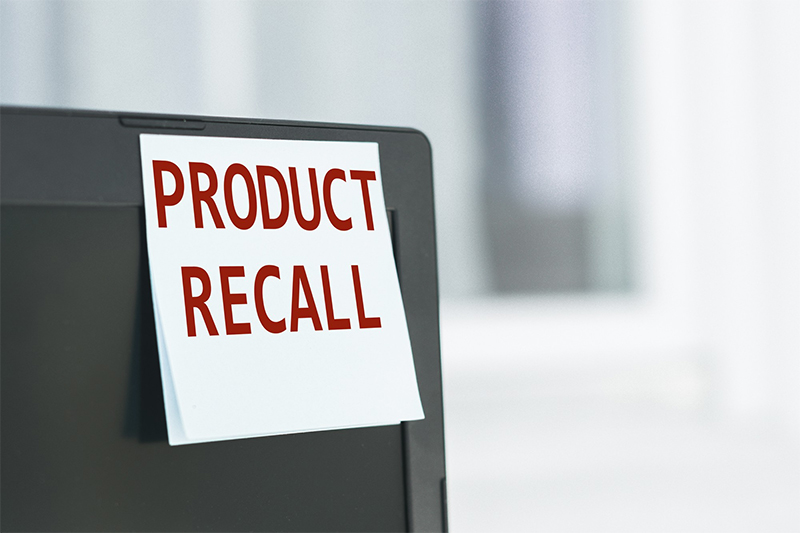
Increased Risk of Injuries or Illnesses
If you come across an increased number of reports or cases of injuries or illnesses associated with a particular product, it may be a sign of a defect. If there is a sudden surge in cases of blood clots reported among individuals using a specific medication or medical device, it could indicate a defect that requires investigation.
Stay informed about any potential risks associated with the products you use regularly.
Lack of Clear Instructions or Warnings
A defective product may have inadequate or unclear instructions for use, or it may fail to provide proper warnings about potential risks. It is essential for consumers to carefully read and understand the instructions and warning labels of any product they use.
If the instructions are confusing or the warnings are vague, it could indicate a potential defect in the product’s labeling. Don’t ignore unclear instructions or insufficient warnings; they may be red flags.
Unexpected or Severe Adverse Effects
Note unexpected or severe adverse effects that are not mentioned in the labeling. If a medication is known to have certain side effects, but individuals start experiencing life-threatening situations or unusual reactions, it could indicate a defect in the product. Any unexplained or severe adverse effects should be taken seriously and investigated further.

Remember, experiencing one or more of these warning signs does not automatically mean a product is defective. However, they serve as indicators that something may be wrong and warrant further investigation or consultation with medical personnel or relevant authorities.
Compensation from Defective Products
When we purchase a product, we expect it to be safe and perform as advertised. Unfortunately, there are instances where a defective product enters the market and poses a risk to consumers.
From malfunctioning electronics to faulty pharmaceuticals, these products can cause significant harm and even fatal injuries.
If you have been injured or suffered damages due to a defective product, it’s important to know your rights and seek compensation for your losses.

- Product Liability Laws:
In most jurisdictions, product liability laws hold manufacturers, distributors, and sellers responsible for the safety and quality of their products. These laws provide consumers with the legal right to seek compensation for injuries or damages caused by a defective product. Consult with a personal injury lawyer who specializes in product liability to understand the specific laws in your jurisdiction.
- Types of Defects:
Defective products can be categorized into three main types: design defects, manufacturing defects, and marketing defects. Design defects occur when a flaw in the product’s design makes it inherently dangerous or prone to failure. Manufacturing defects, on the other hand, happen during the production process, leading to a faulty product. Marketing defects refer to inadequate warnings, instructions, or labeling that fail to inform consumers about potential risks associated with the product.
- Proving Liability:
To pursue compensation for a defective product successfully, you must be able to prove that the product was defective and that the defect directly caused your injury or damages. This requires gathering evidence such as medical records, documentation of the defect, witness statements, and expert opinions. An experienced attorney can guide you through the process and help build a strong case on your behalf.
In the United States, companies have strict liability when their products cause injuries or harm. Strict product liability means that any company that designed, manufactured, or sometimes even marketed or sold the product can be held legally responsible, even if the company had no intention of causing injury. [2]

- Establishing Damages:
In a product liability case, damages refer to the losses you have incurred as a result of the defective product. These can include medical expenses, lost wages, pain and suffering, property damage, and even wrongful death. Collecting and documenting these damages is important to ensure you are fairly compensated for your losses.
- Legal Time Limitations:
It’s important to be aware that there are legal time limitations, known as statutes of limitations, for filing a product liability claim. These vary depending on your jurisdiction and the type of claim you are filing. It is advisable to consult with an attorney as soon as possible to ensure that you meet all necessary deadlines.
When to Seek a Product Defect Lawyer?
When you come across a defective product that has caused harm or damage, you might wonder when it’s appropriate to seek legal help. While not every case necessitates involving a lawyer, there are certain situations where consulting an attorney specializing in product defects and liability can be beneficial.
Here are some instances when it is advisable to seek legal representation:

- Severe Injuries or Extensive Damages:
If you or a loved one has suffered severe injuries or significant property damage due to a defective product, seeking a lawyer is crucial. Cases involving long-term injuries, disabilities, medical expenses, lost income, or substantial financial losses require professional legal guidance to help you pursue fair compensation.
- Product Recalls:
If the defective product has previously been recalled due to safety concerns, it’s wise to consult an attorney. They can assess whether the defect resulted from a failure to warn consumers, faulty design, or negligent manufacturing. They can also help you understand your rights and explore potential legal action against the responsible parties.
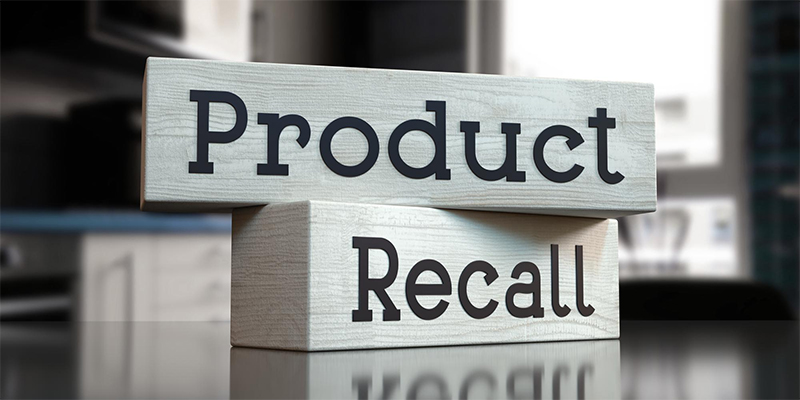
- Multiple Victims or Class Action Lawsuits:
When multiple people have experienced similar harm or damages as a result of a defective product, it may lead to a class action lawsuit. In such cases, joining forces with other affected individuals and seeking legal representation can increase your chances of holding manufacturers accountable and obtaining appropriate compensation.
- Denied Insurance Claims or Disputes:
If your insurance company denies your claim related to a defective product or engages in disputes regarding coverage or liability, it may be necessary to involve a lawyer. They can navigate the insurance policies and advocate on your behalf to ensure you receive the maximum benefit and fair treatment.
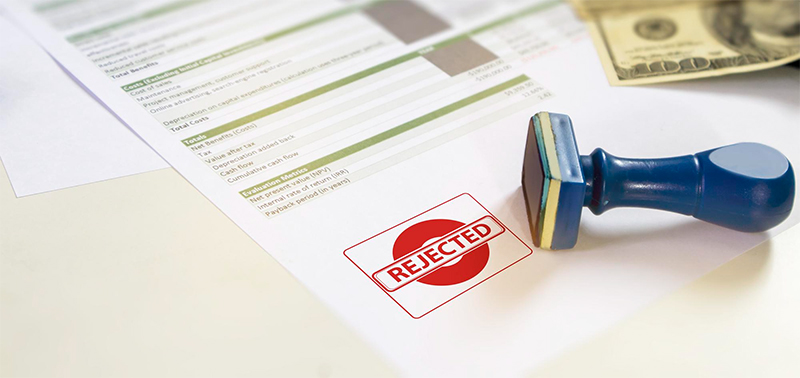
- Complex Legal Processes:
Product defect cases can involve intricate legal processes, including gathering evidence, establishing liability, negotiating with insurance companies, and preparing for litigation if necessary. A knowledgeable attorney with experience in product liability can guide you through these complex processes and protect your rights.
Remember, consulting a lawyer does not necessarily mean you will file a lawsuit. They can provide valuable advice, evaluate the strength of your case, explore alternatives like negotiation or mediation, and represent your best interests throughout the legal process.
If you find yourself in any of the aforementioned situations, seek a consultation with a skilled product defect attorney who can help you navigate the complexities of your particular case.
Have You Recently Suffered an Injury From a Defective Product?
By understanding these warning signs, you can arm yourself with the knowledge needed to fight back against negligent manufacturers and hold them accountable for their faulty products. You deserve justice and proper compensation for the pain and suffering you’ve endured.
Contact us today at Lein Law, and let us help you navigate the legal process.

Sources:
[1] Product Recalls | Health & Senior Services. (n.d.). Product Recalls | Health & Senior Services. https://health.mo.gov/safety/productrecalls/#:~:text=U.S.%20CPSC%20Product%20Recalls&text=The%20U.S.%20Consumer%20Product%20Safety,found%20in%20child%20care%20settings.
[2] Burgoyne, J. (2023, February 23). Manufacturing Defect: Definition, Types & Examples. Forbes Advisor. https://www.forbes.com/advisor/legal/product-liability/manufacturing-defect/

